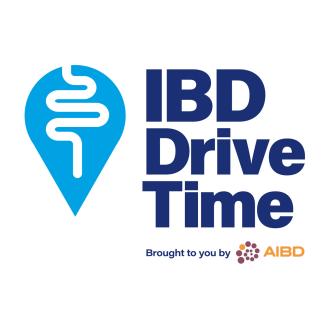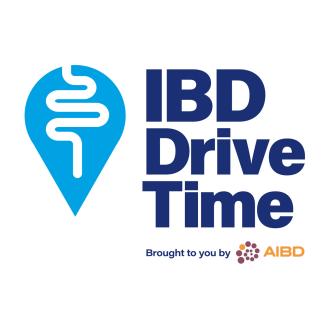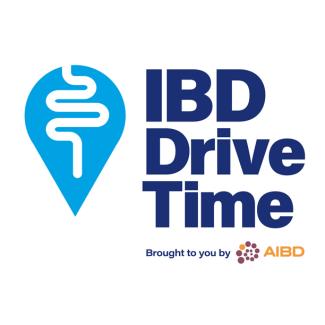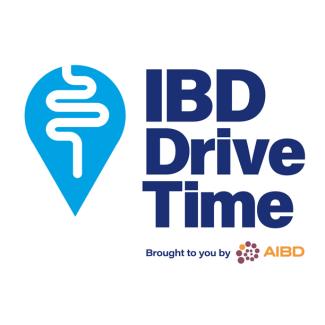Millie Long, MD, on the PIANO Global Consensus
Dr Long, co-investigator for the PIANO Global Consensus on Pregnancy and IBD, provides a wrap-up of the consensus document and the PIANO study.
Millie Long, MD, is a professor of medicine, Division Chief, and director, Gastroenterology and Hepatology Fellowship at the University of North Carolina at Chapel Hill.
TRANSCRIPT:
Hello! My name is Millie Long. I'm Professor of Medicine at the University of North Carolina, at Chapel Hill, in our IBD Center, and I'm also the coinvestigator for the PIANO cohort and the co-lead for this global consensus statement, and I'm thrilled to provide you with just a short wrap up of what we've learned during this global consensus process.
As you know, this was an extremely methodologically rigorous process where we used GRADE when applicable, based on the evidence. And certainly in the understanding of pregnancy and inflammatory bowel disease with novel therapeutics, there's some areas where we really don't have human data.
And in those areas, we still wanted to be able to provide guidance. And so we have some, through RAND panels, consensus statements that really we hope will help you in your management of patients throughout the course of their pregnancy, whether it's from preconception up to postpartum management.
So just as a wrap-up, I'd like to have you take out of this amazing consensus a couple of key summary statements. The first is that we really need to aim to control disease activity prior to conception and during pregnancy; really, that control is what improves outcomes for infant and mother.
We want to continue monoclonal antibodies throughout pregnancy and lactation. This is a very simple message. We no longer try to time these or have time periods where we pull them off. It's most important to keep a mother on their monoclonal therapy throughout and on schedule.
A new statement and new recommendation based on current data—the rotavirus vaccine can be given on schedule even in biologically exposed infants. And so this becomes really important, particularly worldwide, where rotavirus can really result in considerable morbidity and even mortality. And it's a simple message for our moms with IBD, that their infant can receive vaccines as scheduled. We still want you to avoid other live vaccines, such as the BCG vaccine, which is a much more potent vaccine, and has risks for dissemination. But the rotavirus vaccine has been shown to be safe and effective in this population.
As we as practitioners use more and more JAK inhibitors for the treatment of Crohn's disease and ulcerative colitis, what we're seeing in our practices is more and more moms want to become pregnant. And we need more data at this point. We've given you simple consensus statements, such that we want to try to avoid JAKs, particularly in the first trimester if we can. But certainly in some scenarios where it is the only option for maternal health, this is something that can be considered, and we need more data in this arena, and we hope that studies like the PIANO study will help us to better understand the role of JAKs during pregnancy.
And one key take-home message for the women with IBD who we see on a daily basis: that maternal health equals infant health, and we really need to keep them healthy, to improve outcomes.
So a couple of key points in terms of fertility. We do see reduced fertility with both active disease and having had a prior ileal pouch anal anastomosis.
However, if someone is undergoing IVF, in vitro fertilization, there's no risk of flare with oocyte retrieval, that what we can see is that, particularly among women with increased disease activity, we do see an increased risk of preterm delivery. We do need to also consider that among women with active disease, we see an increased risk of spontaneous abortion. Two more key factors why we want to control that underlying disease activity.
We do see an increased risk of VTE, again linked to disease activity. So something we need to be cognizant about in terms of the postpartum time period from clinical guidance—continue all biologics and thiopurines throughout pregnancy and lactation. Avoid small molecules with pregnancy and lactation. Provide preconception counseling. This has been shown to dramatically improve outcomes. Provide low dose aspirin. This is also a new recommendation to reduce preterm pre-eclampsia. This should be started by week 11 and usually stopped around week 37. And this is because IBD itself is a risk factor for preterm preeclampsia.
A cesarean section is indicated for delivery, certainly for any needs of the of the baby, but also, if there's active perianal fistula, rectovaginal fistula, or it should be offered in women with a history of ileal pouch anal anastomosis.
A few more summary points.
There is an increased risk of IBD if an individual has a first-degree relative with inflammatory bowel disease. This is something we can counsel on from a fertility planning perspective, that we also see active IBD associated with an increased risk of low birth weight. Again, another reason to control underlying disease activity.
We see increased risk of a neonatal intensive care unit as well as small for gestational age. Again, with that active disease, we see no increased risk of infant infections, malignancy, or developmental delay with biologic exposure. So not only do we understand that the outcomes are better when exposed in utero to biologics, but there are no long-term side effects of that exposure for the infant in the data.
Thus far as clinical guidance, inactive vaccines should be given on schedule regardless of medication exposure. And just as a reminder, for example, in the US, RSV vaccine is now recommended during pregnancy, particularly in time periods where it's prevalent in the community; those antibodies can be passed on for the infant. And that live vaccines should be given on schedule except, as noted in the prior summary slide, BCG; that should wait at least 6 months after the infant had been previously exposed to biologics in utero.
So lots of key statements, lots of summary information. I hope you've enjoyed reviewing this output from the pregnancy global consensus.
And just as a reminder for all US residents that we can include your patients, or if you're a patient yourself, you can be included in the PIANO registry. Please go to our website@www.pianostudy.org, to learn more and be able to directly enroll. This PIANO study is so important for future knowledge, particularly as we have more classes of medications, we need to better understand the safety and efficacy during this important time period.
Lastly, I would just like to thank all of our amazing participants from truly around the world, representatives from each continent, people caring for inflammatory bowel disease in many different settings, who helped us to come to consensus on how best to manage essentially women's health in patients across the globe. These data will be so useful for you and your practice, and we so appreciate your attention. Thanks, again.




















